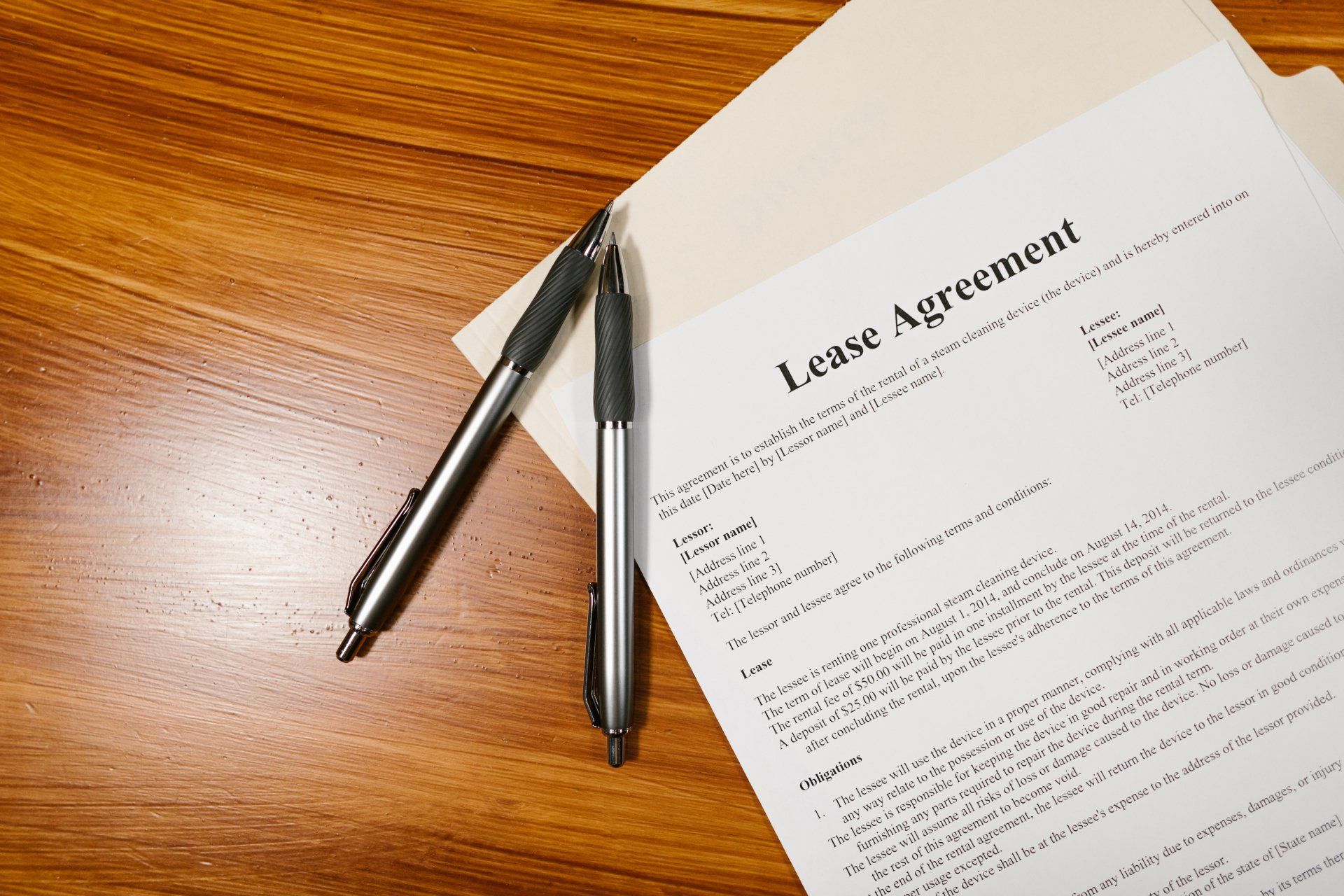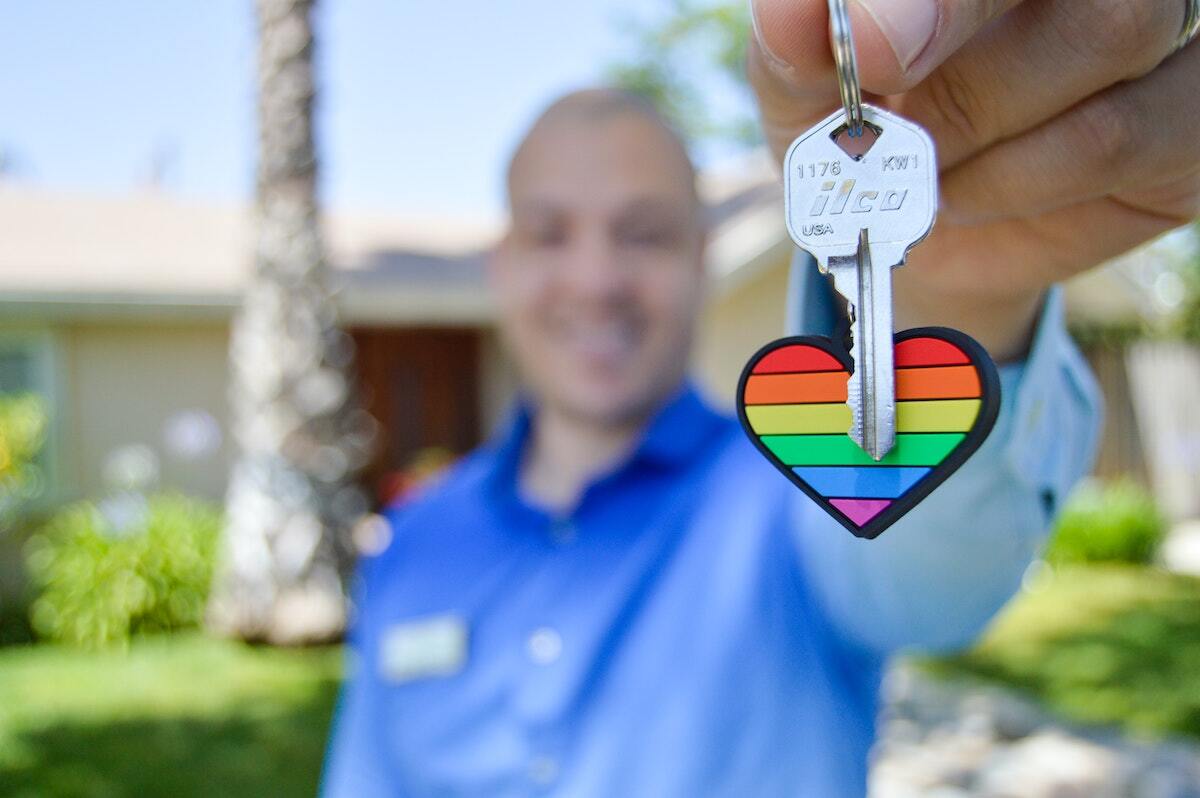What Makes Someone a Good Tenant? What Landlords and Tenants Both Need to Know

How to Be a Good Tenant
Pay the rent in full and on time. Do not damage the property. Follow the rules of the lease. No one will argue that these are signs of a good tenant, but there are some simple things renters can do to move into the category of not just good, but great, tenants.
Why does this matter? Because most people prefer to live in a safe place where they are treated with respect and can go about their day-to-day business without drama and conflict. And a tenant who proves themselves to be reliable, responsible, and respectful will almost always receive similar treatment from their landlord.
Communicate Like a Grownup
So many problems can be resolved or avoided in the first place with good communication. Good tenants keep their landlords posted on important information that could impact the property or the lease agreement. Some examples:
- Give the landlord a heads-up if you might be a few days late with the rent. They will be more understanding if they know when to expect it and if the delay does not become a common occurrence.
- Inform the landlord right away of any maintenance issues, even if they seem minor. A tiny leak under the sink could turn into a flooded apartment if a pipe bursts. A loose board on a stairway could result in someone falling and getting seriously hurt. A little information shared now saves complaints down the line.
- Let the landlord know of any life-changing events, like a job layoff or serious injury or illness. It will prepare them in case you need to ask for an extension on rent payments, or even a parking space closer to your door.
- If a partner or roommate moves in or out, a cousin comes to stay for a few weeks, or even if you get a new pet, let the landlord know. They need to know whether an unfamiliar person (or pup) belongs there or is trespassing.
- Landlords need to know how to reach tenants in case of an emergency. If any contact information (phone number, employer, emergency contact) changes, be sure to let the landlord know.
Know Your Lease
There is a lot more to a lease than just the price and due date for the rent. It gives tenants details about how to submit maintenance requests, who is responsible for paying utilities, when and where to put out the trash, special requirements to control pests, and much more. It contains information that is not only helpful but legally binding. If a renter breaks the rules laid out in a lease agreement, they can be fined or even evicted.
Good tenants are aware of what is in the lease. If they don’t understand something, they ask. Most importantly, they understand their responsibilities and that a lease is a legal contract. Some people even have an attorney look over the lease before signing it, just to be absolutely sure they know what is expected of them.
Don’t Bend or Break the Rules
Because the lease is a legally binding contract, good tenants do not bend or break the rules. Sneaking a kitten or puppy into an apartment that strictly forbids pets is never a good idea. The same goes for rules about smoking or subletting. Doing anything that is expressly forbidden by the lease is a sure way to upset the landlord and could potentially lead to being kicked out. And criminal activity is always grounds for eviction.
A landlord might make exceptions in some cases, especially if a tenant asks permission first. For example, if a tenant has a good reason for leaving before the lease is up, such as a job transfer or military deployment, the landlord might decide to allow them to sublet the apartment. Landlords will typically be much more accommodating if the renter has been a good tenant all along.
Advice for Landlords
It is not just up to a renter to be a good tenant. The landlord has responsibilities for the relationship to work well too. Landlords need to respect their tenants if they expect tenants to respect them and their property.
Make Sure the Lease is Clear
As long as it does not violate housing and discrimination laws, landlords can put all types of restrictions and requirements in a lease. That said, leases should be fair and not overly restrictive.
Landlords should never assume that something is common knowledge and therefore doesn’t need to be written in the document. Likewise, they should never assume that just because a tenant signs on the dotted line that they have read or understood everything they are agreeing to.
In addition to putting rules in writing, it is a good idea to verbally explain the expectations, ideally before the lease is signed. This gives new tenants the opportunity to ask questions and get clarification.
Treat All Tenants Fairly
It is illegal to discriminate based on factors such as race, sex, or sexual orientation. Good landlords are careful about showing favoritism to anyone, even a particularly good tenant. If one tenant breaks a rule, they should have the same consequences as another tenant who breaks the same rule. As noted above, however, a good tenant might take the extra step of informing the landlord or asking permission before doing something other than what the lease requires. In certain circumstances, a landlord might make an exception that is still ethical and fair.
Be Understanding—Within Reason
A good landlord gives good tenants the benefit of the doubt. Someone who consistently pays rent on time for years will naturally be given more leeway if they come up short one month than someone who is chronically late.
Or, someone who throws the occasional loud party might get a pass if they comply right away when they’re asked to be quiet. Someone who causes disturbances every weekend and gets belligerent in the face of complaints will get much less understanding.
Landlords need to understand that their tenants are human and may cross the line occasionally. How they respond to those missteps can determine how their tenants cooperate in the future. Asking a tenant respectfully to change their behavior will usually get better results than becoming angry, yelling, or threatening.
Tenant Screening Essential
The easiest way to ensure getting good tenants is to avoid renting to bad ones. This means doing thorough background checks on all applicants. This includes checking criminal history, employment and financial means to pay the rent, and their track record with other landlords.
Skipping tenant screening can cost money in unpaid rent or damage to the property. It can also put other tenants in danger. Good landlords do the work to weed out bad potential tenants, making room for good tenants.
Communication Works Both Ways
Good landlords communicate with their tenants, just as good tenants communicate with their landlords. They let renters know about things like upcoming maintenance or changes to the property. They proactively discuss lease renewals and rent increases. The more open they are with tenants the better the relationship will be.
Finding and Keeping Good Tenants
When both sides of the tenant-landlord relationship understand each other and work together, everyone wins. Landlords managing their own property will want to follow the advice above. For those who choose to hire a leasing and management company, it is important to find someone who shares the goal of being a good landlord and finding and keeping good tenants.
Select Leasing & Management understands this relationship and how to make it work.
Share this post













